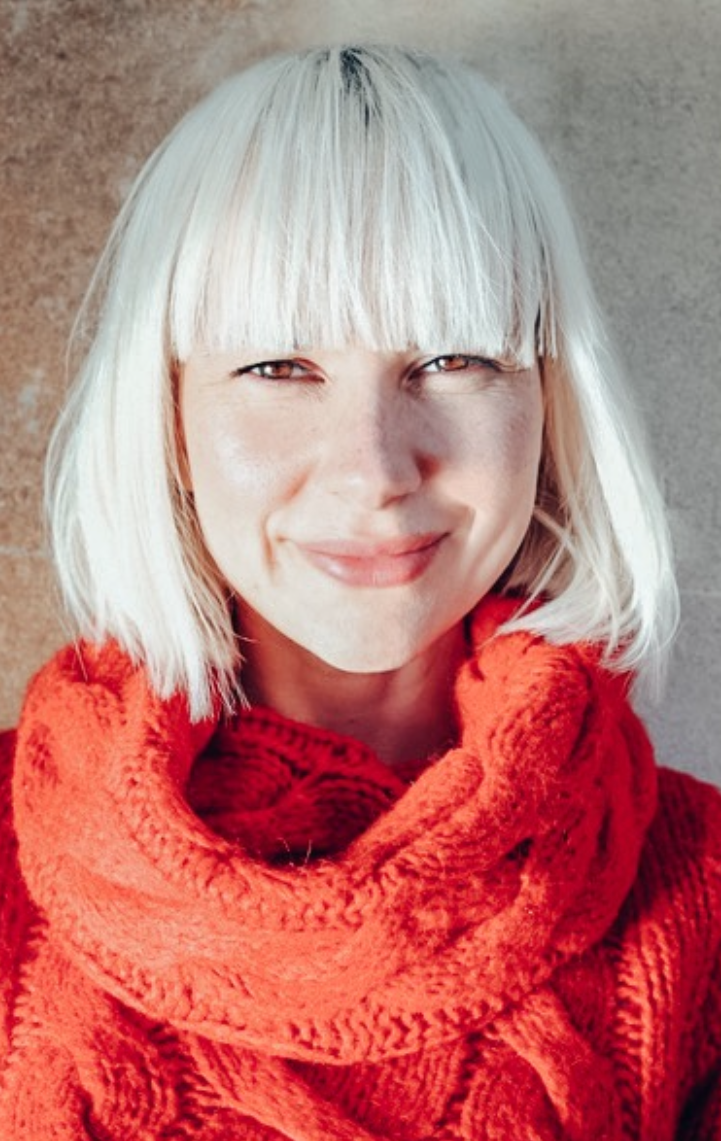For those who find these titles resonating, I might also recommend The Body Keeps the Score by Bessel van der Kolk, which is a seminal work on understanding and treating traumatic stress, and The Gift of Therapy by Irvin D. Yalom, which provides an insightful look into the heart and soul of therapy.
What you do for your own mental health?
Long walks in nature with my pup and prioritising regular quality time with friends. I also love traveling where I can immerse myself in a different culture and completely "switch off".
Going to art exhibitions and listening to classical or ambient electro music are nourishment for my soul.
I also maintain my wellbeing through my own therapy and supervision sessions, along with CPD events that provide a valuable opportunity for meaningful connection with my peers.
You are a therapist in North London. What can you share with us about seeing clients in this area?
My practice is informed by the cultural diversity of the area and also by engaging with clients from the creative industries as well as education. I work with a variety of artists, actors, musicians and professionals from theatre, fashion, and various media industries. Their unique perspectives bring a rich depth to the therapeutic process.
What's your consultation room like?
My consultation room is designed to be a welcoming space. It's filled with natural light and is furnished with lush plants and a selection of books. It has a big comfy sofa with lots of cushions and soft blankets and not to forget my two voluptuous female sculptures - Vera and Vigan who are a symbol for the celebration of the female body.
What do you wish people knew about therapy?
I wish more people understood that therapy is a reciprocal relationship. Therapists genuinely care about their clients beyond the professional commitment. It's also vital for clients to know they can and should be open about their feelings towards their therapist and the therapy process itself. This transparency is crucial for effective therapy.
What did you learn about yourself in therapy?
Working with a diverse clientele offers me a window into a vast array of life experiences, perspectives, and challenges, enriching my understanding of the complexity of human behaviour and mental health. This is enabling me to better appreciate and respond to how cultural, social, and economic backgrounds shape an individual's mental health journey and treatment needs.
Each therapeutic encounter teaches me the value of flexibility and adaptability. Recognising that each client is unique, I continually refine my approaches and techniques to align with their specific therapeutic goals, ensuring personalised care.
And, most importantly, witnessing the resilience of clients as they navigate and surmount adversity is not only humbling but also profoundly inspiring. It reinforces my commitment to this work and to supporting each individual's path to healing and growth.

